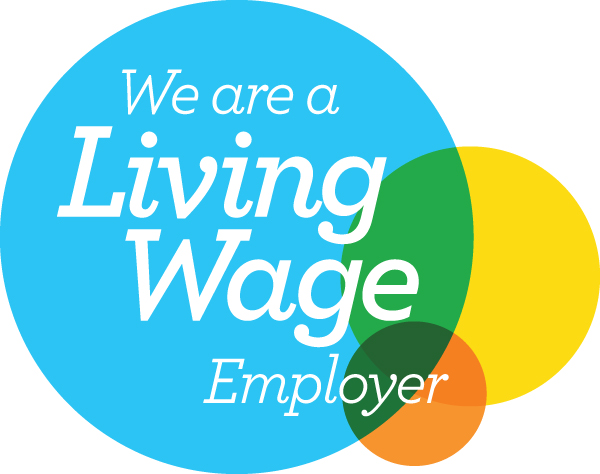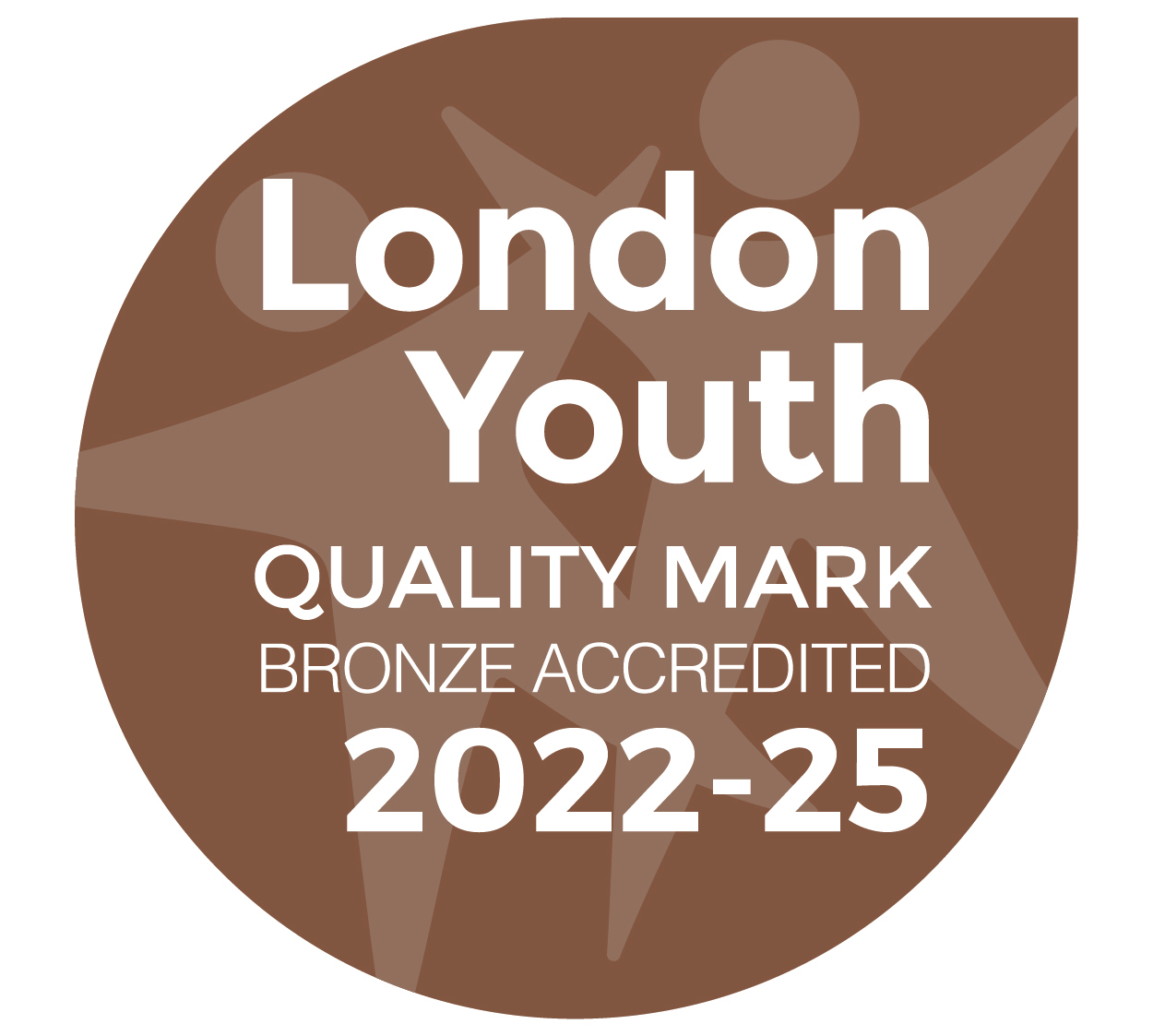ACCESS
Social Model of Disability
The social model of disability is a way of understanding the world that was developed by disabled people.
According to this model, people are disabled not by their impairments or conditions, but by the barriers they face in society. These barriers can be physical- like buildings without accessible toilets- or they can be attitudinal, such as assumptions that disabled people can’t do certain things.
The social model helps us to identify and challenge these barriers. By removing them, we create a more equal society where disabled people have greater independence, choice, and control.
At Angel Shed, we use the social model in our work. However, we also recognise that not everyone uses this model, and that’s okay. How someone chooses to talk about their impairment or identity is entirely up to them.
Access in our weekly sessions
At Angel Shed, our goal is to foster an inclusive environment where every young person can engage in the performing arts. We’re committed to creating a space where creativity and curiosity thrive, and everyone can participate in the way that suits them best.
Here are some of the ways we ensure our weekly sessions are inclusive:
- We have a team of dedicated Access Support Workers who work with children and young people on a one-to-one basis to adapt activities, advocate, and support communication and engagement.
- All staff are trained in Makaton. They use signs, symbols and speech in sessions to support communication.
- A visual timetable is always available. This helps a young person understand the structure of the session, be aware of activities they will take part in, and prepares them for any changes in advance.
- We have a brain-break space with sensory materials and colouring-in that members can visit at any time during a session.
- All sessions are pay-what-you-decide, with many children and young people accessing our sessions for free.
Access at our performances
Angel Shed aims to achieve an accessible theatrical experience for our audiences supporting our children and youth theatre shows.
Where possible, we creatively integrate access tools such as British Sign Language (BSL), captions, Makaton, and audio description into our performances.
All our performances are relaxed. This means:
- Auditorium lights remain at a low level.
- There are no loud noises or flashing lights.
- Audiences are welcome to come and go, move around, and make noise as they need to.
Additional access provisions include:
- Sensory resources (e.g. weighted blankets, fidget toys)
- A breakout/rest space
- Wheelchair access
- Accessible toilets
- Easy-read materials
If you’d like more information about access, please contact Lauren, our Creative Director & Head of Participation: info@angelshedtheatre.org.uk Call or text: 07910 822 412

